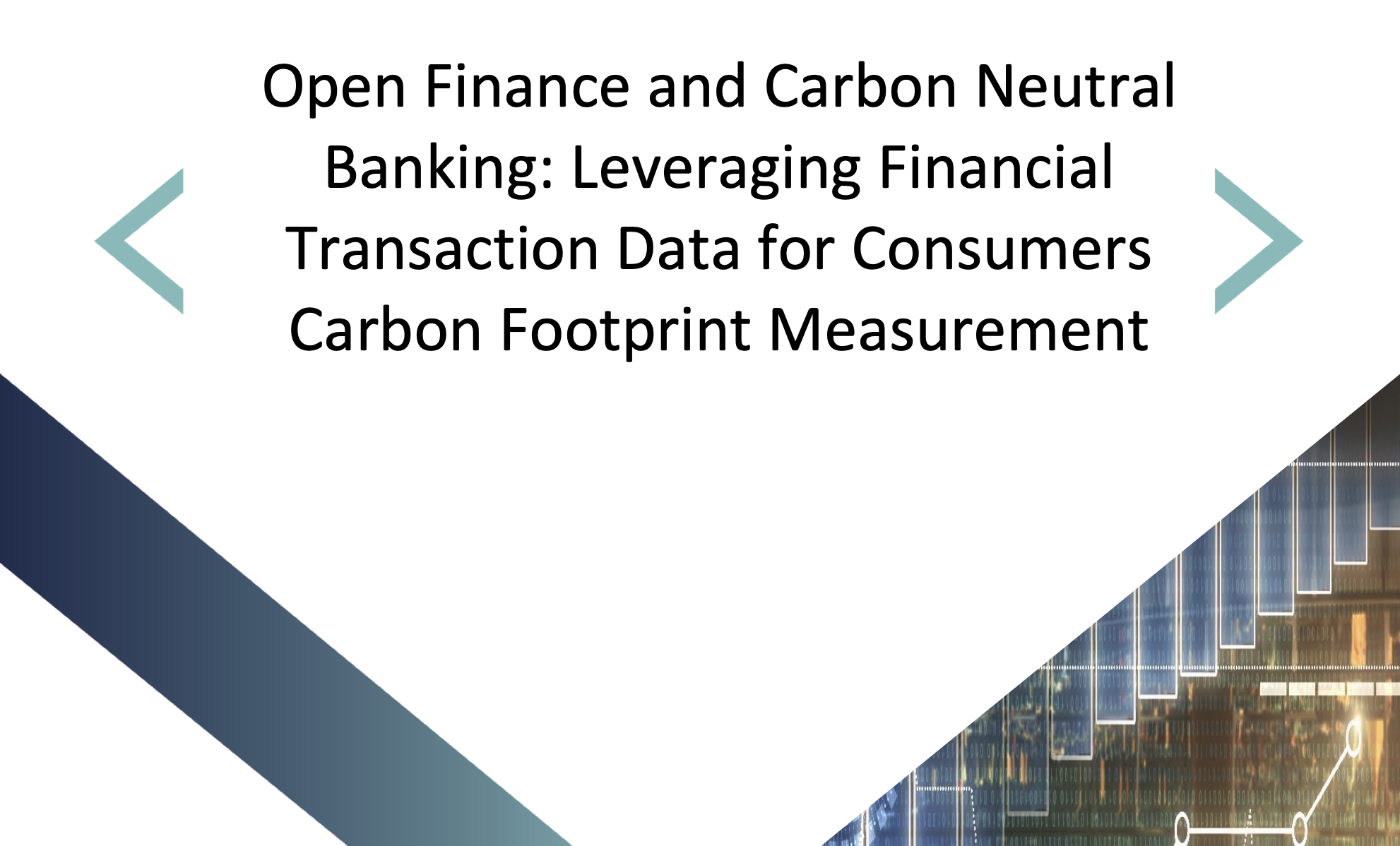Open Banking – the UK’s next biggest export?

According to Accenture, there’s $416bn of revenue at stake for fintechs and banks across the world by the end of this decade. That’s roughly four times the size of the scotch whisky market ($91bn) – so is Open Banking the UK’s next iconic export? Maybe”¦ but only if we make some important changes
Last week, we released a piece of research – The Global Open Finance Index. It tracks the development of Open Banking across the world and focuses on the 23 countries where we’re seeing the most progress. Its findings are fairly stark. The UK’s position as a leader in the space, which was once completely uncontested, is now in serious danger of evaporating.
Countries like Brazil and Australia are accelerating with regulatory regimes that already go far beyond the UK’s initial blueprint whilst markets like India and the US are finding different approaches leveraging market forces and industry collaboration to create huge potential. India’s Open Banking standard now covers a group of more than 1 billion accounts whilst in the US 42 million accounts have coalesced under the FDX standard with zero regulatory push. Perhaps even more significantly, that regulatory push is coming in the US and soon. The Consumer Federal Protection Bureau (CFPB) is already in the late stages of consultation on how that process should be rolled out and they have the legislative backing to get it done.
So where does this leave UK fintechs?
I have no doubt that Open Banking and (eventually) Open Finance will have profound impact on the UK, revolutionising our credit market, bringing huge, excluded groups into mainstream finance and providing differentiated competition to the card rails, but in terms of the economics, the real prize is still on the table.
UK firms have built businesses that are designed to handle large quantities of API-driven transaction data. They’ve developed the security systems to protect the data, the skills to handle, clean and contextualise it and the case studies to prove how impactful that data can be. They are, in short, in a position of huge competitive advantage vs companies at the beginning of this journey in evolving markets. In order to maintain that advantage though, they have to keep working at the cutting edge of the technology, here the UK is falling down.
Australian firms are already working with Open Energy data, Brazilians are getting to grips with the wider financial product set through their country’s Open Finance programme.
We have to accelerate progress in the UK and the opportunity to do that is here.
On the public policy side, we need to establish a strong, independent body to preside over the future of the sector, we need to move on Open Finance, (the data bill is sitting in a drawer in parliament and should be moved forward as a priority) and we need to think about how we can build regulatory passporting into trade deals as we sign them.
On the market forces side we need more banks to take a leaf out of NatWest’s book and accelerate the development of premium APIs, we need to align on risk and liability frameworks for the use of these and work towards clarity for the market on commercial details. Finally we need better engagement between institutional lenders and retail lenders that use open banking data. Cost of capital is a major hurdle for Open Banking’s proliferation in the lending space and this both can and should be addressed.
This is a blockbuster agenda for 2023, but if we can get it done the prize for UK firms will be transformational. If we can’t, Open Banking will still have a major impact on our domestic economy but it might not be the firms hiring UK talent and paying UK tax that deliver it. This is not beyond us. There’s a lot to do but if we lace up our trainers, I’m very confident that we can make it happen.



